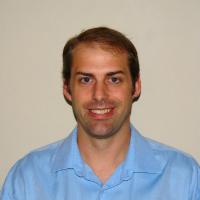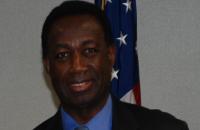
In this presentation, we will review some of the key concepts in health effects from ionizing radiation with an emphasis on recent developments at the Lawrence Berkeley National Laboratory where scientists investigate how cells, tissue and organisms respond to radiation. Biomarkers, modeling and imaging approaches will be discussed and put into the context of how one can extrapolate risk from high to low dose.
Sylvain Costes is a Staff Scientist in the Life Sciences Division at Lawrence Berkeley National Laboratory. Dr. Costes specializes in high-throughput fluorescence microscopy, DNA damage quantification, image analysis, and computer modeling for radiation risk. He developed, under the NASA Specialized Center of Research (NSCOR) and the Department of Energy (DOE) low-dose radiation programs, novel imaging approaches to assess DNA damage in human cells. Dr. Costes is an active member of the Radiation Research Society and he is part of the leadership team of the Institute of Resilient Communities (IRC), a Berkeley Lab institute dedicated to providing tools that enhance resilience in communities locally and globally. Dr. Costes is the CSO and co-founder of the Berkeley Lab spin-off startup Exogen Biotechnology Inc., a company using Costes’ high throughput DNA damage technology to provide phenotypic test for individuals, research institutes, clinics and hospitals interested in evaluating individual’s sensitivity to genotoxic stress such as radiation or certain chemicals.








